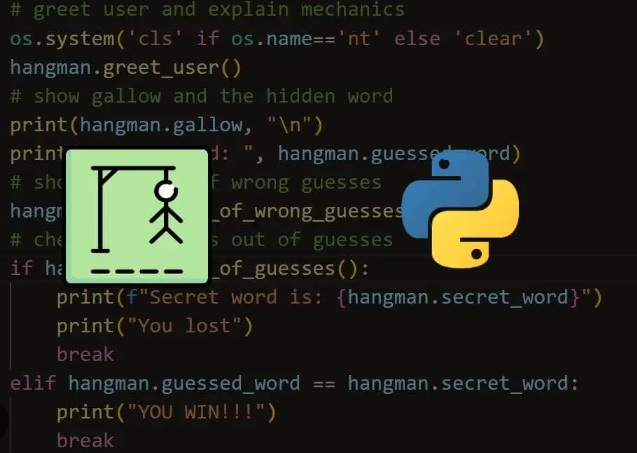The Python Standard Library is a rich collection of modules and packages that come bundled with Python. While many commonly used modules are well-known, there are some hidden gems and lesser-known modules that can be incredibly useful for various tasks. Here are a few of these hidden gems and useful modules from the Python Standard Library:
collections: This module provides additional data structures likenamedtuple,deque,Counter, anddefaultdictthat can simplify common programming tasks.itertools: Theitertoolsmodule offers various tools for efficient iteration, such ascycle,combinations,permutations, andproduct, which can help in generating and manipulating iterators.json: Thejsonmodule provides functions for working with JSON data. It allows you to serialize Python objects to JSON strings and deserialize JSON strings into Python objects.gzipandzipfile: These modules enable you to work with gzip-compressed files and ZIP archives, respectively. They provide functionalities for reading, writing, and extracting files from compressed archives.datetime: Thedatetimemodule offers classes for working with dates, times, and time intervals. It provides functions for parsing, formatting, and performing calculations with dates and times.pathlib: Thepathlibmodule provides an object-oriented approach to working with file system paths. It simplifies path manipulation, file I/O, and directory traversal.argparse: Theargparsemodule makes it easy to parse command-line arguments and options. It provides a flexible and user-friendly interface for building command-line interfaces for your Python scripts.logging: Theloggingmodule provides a powerful and customizable logging framework. It allows you to log messages to different destinations (files, console, etc.) at various levels of severity, making it easier to debug and monitor your applications.random: Therandommodule offers functions for generating random numbers, selecting random elements from a sequence, shuffling lists, and more. It can be useful in simulations, games, and any application that requires randomization.unittest: Theunittestmodule provides a framework for writing and executing unit tests. It offers classes and methods for defining test cases, running tests, and asserting expected outcomes, helping you ensure the correctness of your code.csv: Thecsvmodule provides functionalities for reading and writing CSV (Comma-Separated Values) files. It simplifies the process of working with tabular data in a structured manner.subprocess: Thesubprocessmodule allows you to spawn new processes, execute shell commands, and interact with system processes. It provides a way to execute external programs from within your Python script.
These are just a few examples of the hidden gems and useful modules available in the Python Standard Library. Exploring the official Python documentation and experimenting with different modules can help you discover even more useful tools for your specific needs.



